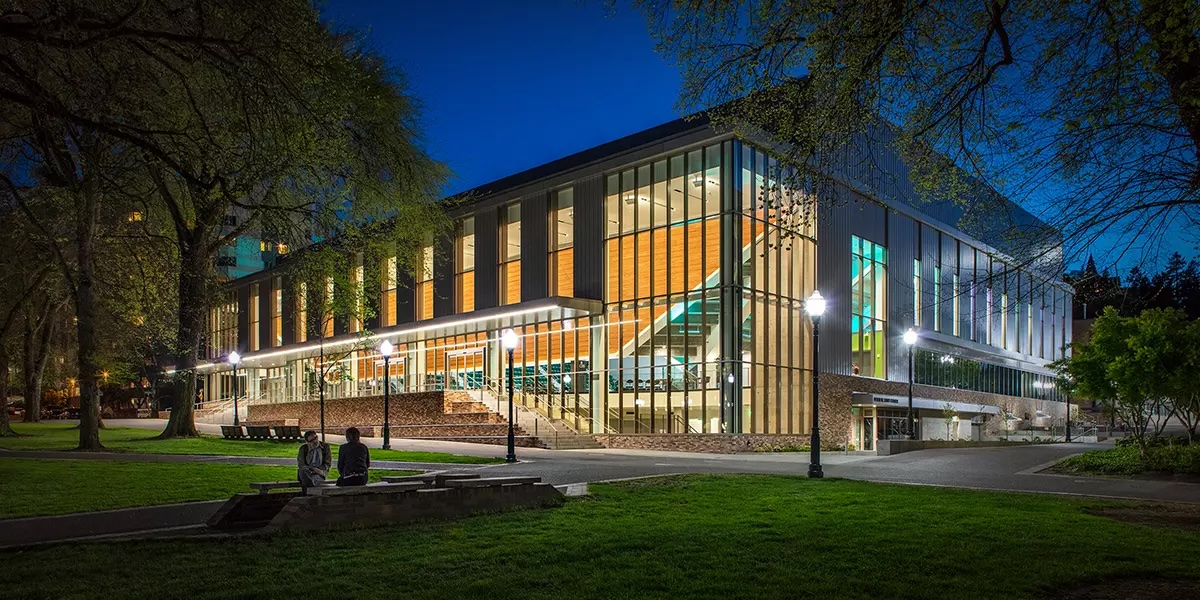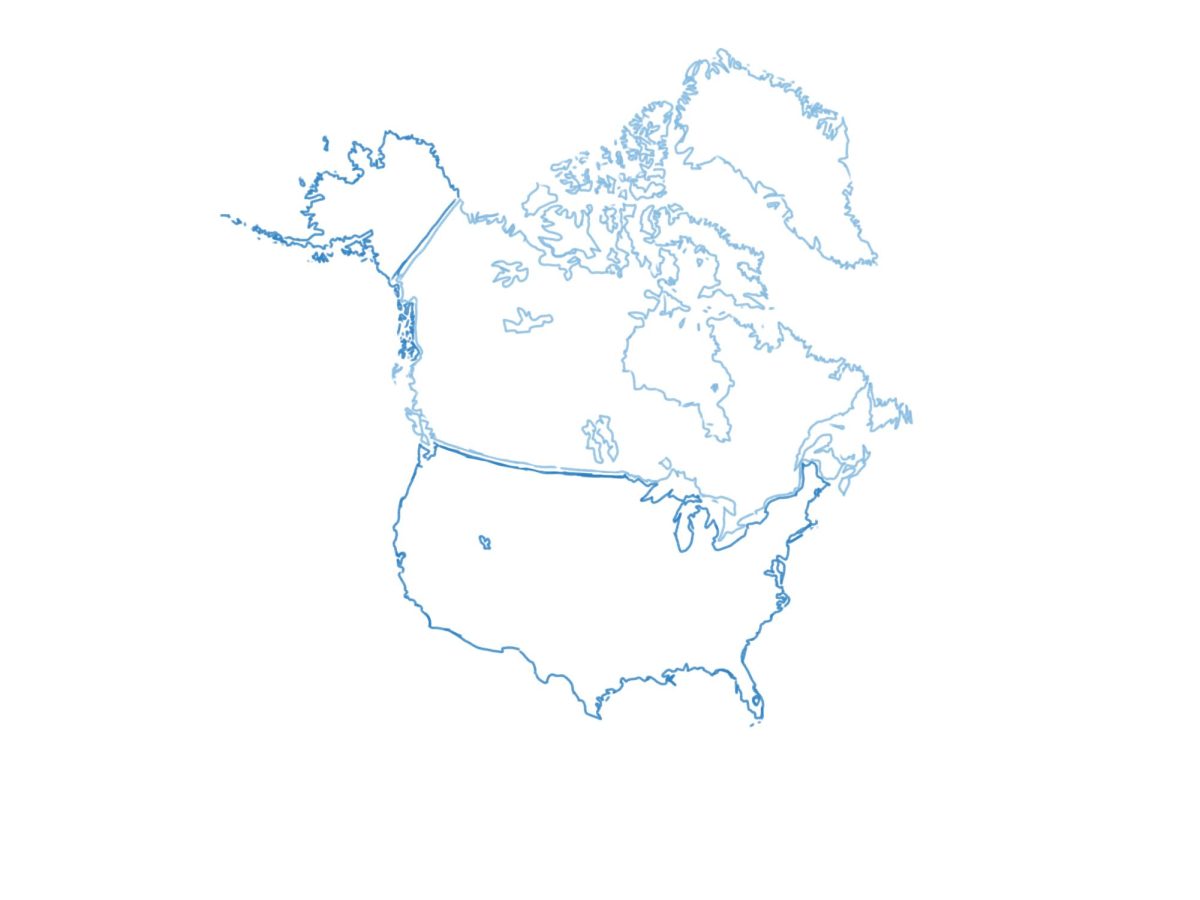Argentina is in a state of crisis. The South American country has struggled with stability for decades. According to official statistics from 2023, 40.1 percent of its citizens are living in poverty, and 9.1 percent live in extreme poverty.
Once one of the richest countries in the world, Argentina has faced major struggles since the 1930s. Argentina heavily relied on trade and was a major agricultural producer; however, the Great Depression, beginning in 1929, decreased global demand and damaged its economy. Similarly, political instability has developed into deep-rooted polarization.
Human rights struggle to progress in this harsh environment, and in the present day, Argentina struggles with a wide range of issues from high crime and poverty rates to poor protective rights and freedom of expression.
Currently, Argentina’s inflation rates are third highest in the world, behind Venezuela and Lebanon. According to a report by Argentine Catholic University, national poverty rates are at 44 percent as of late 2023, with over half of children and teenagers living in poverty. The director of the report, Agustin Salvia, said during a press conference that poverty rates are expected to continue to rise in 2024.
Argentina has found it difficult for human rights to progress in its unstable climate. Women, especially, suffer endemic violence. There were 322 femicides reported in 2023 and unpunished killings remain a major concern. Some abortion protections were passed in 2020, and Argentina passed workplace harassment protections in 2021, making some important progress. But poor prison conditions and police brutality remain major issues, along with the absence of protections for indigenous and LGBTQ individuals.
Some progress has been made in prosecuting officials for abuses committed during the most recent dictatorship and present issues of fraud and corruption. These alleged abuses include unauthorized surveillance of journalists, politicians and union members. The Attorney General’s office reported, as of 2022, nearly 3,500 individuals have been prosecuted.
History teacher Steve Johnson shared his thoughts on the situation.
“Because of economic struggles and the high rate of inflation, the people of Argentina have elected a populus leader to solve these problems,” he said. “It’s still pretty early to tell if he’s going to be successful, but his similarities to other populus leaders make me doubt he will be effective.”
It is uncertain how Argentina’s state of crisis will develop in the coming years.






